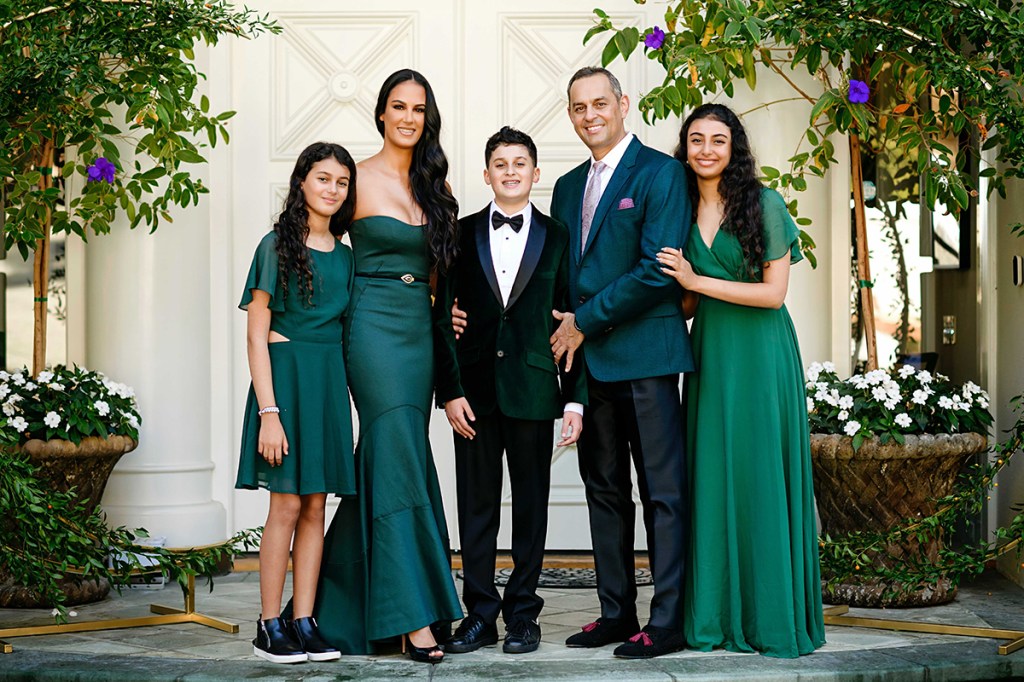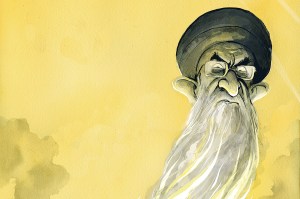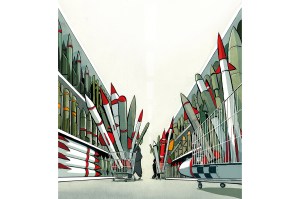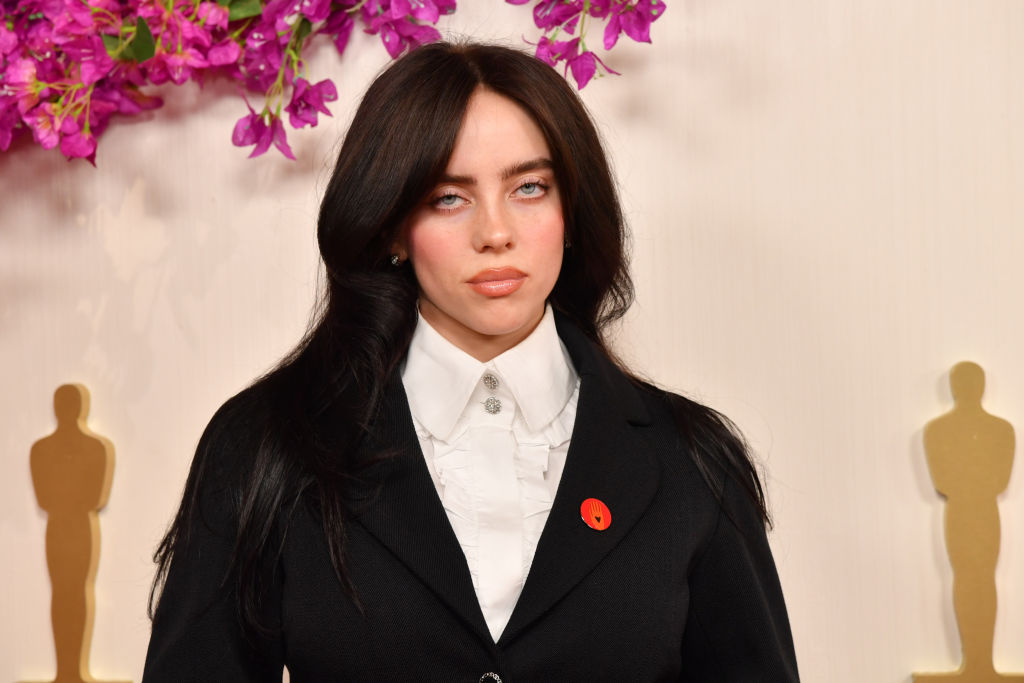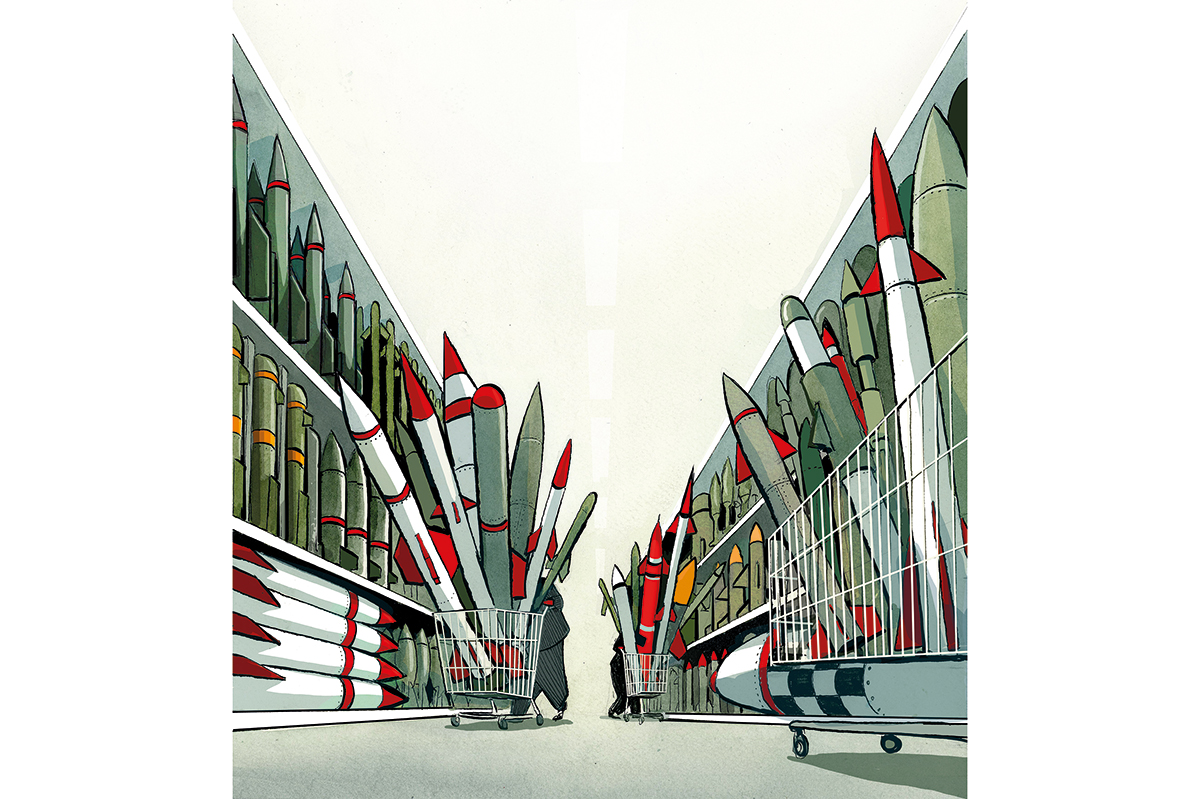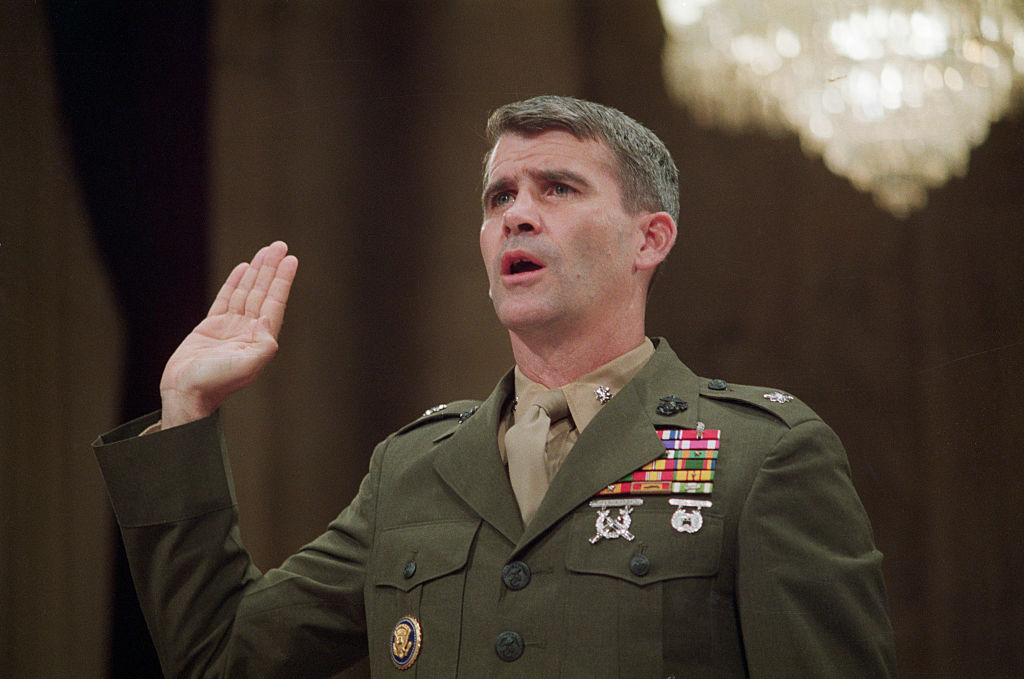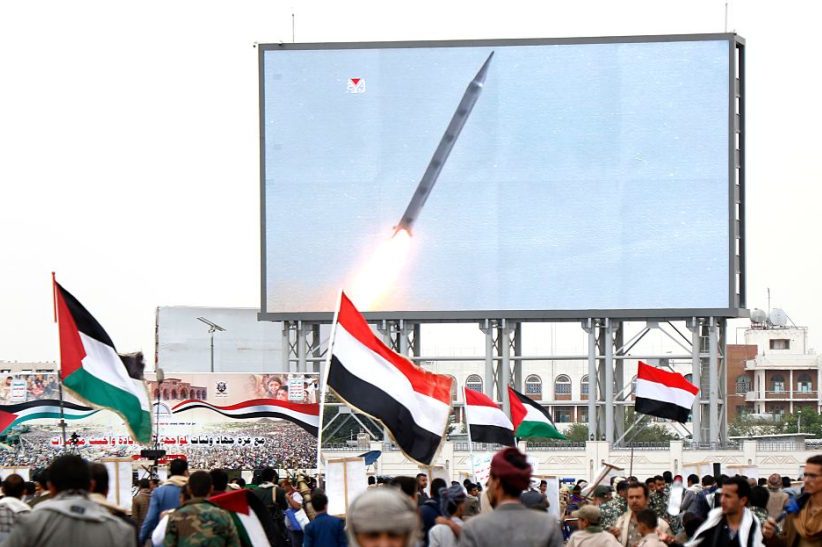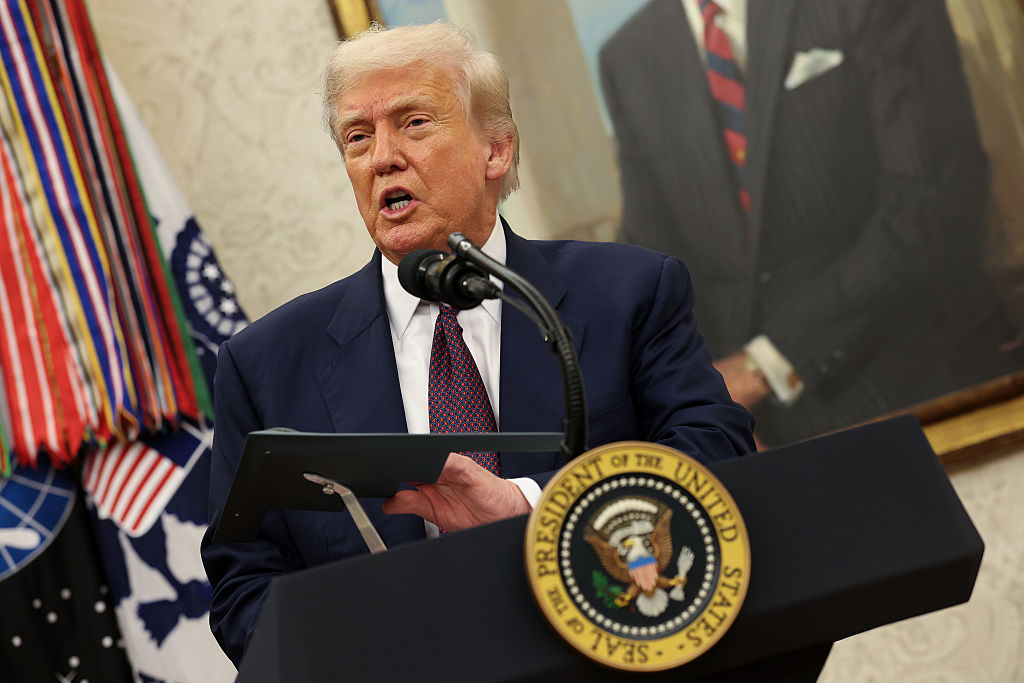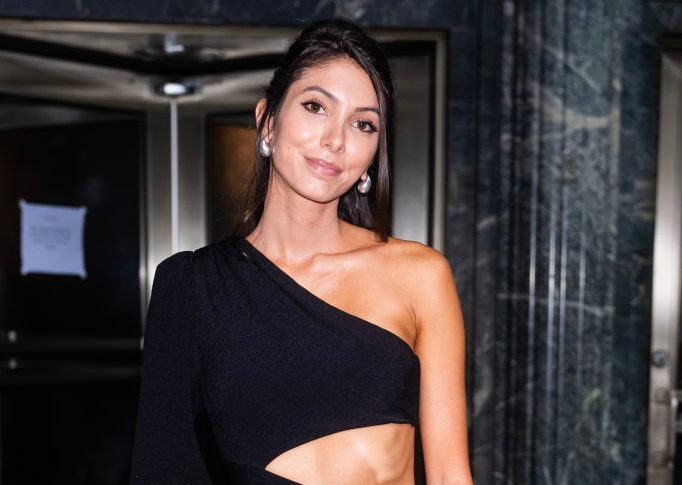Thirty-six years ago, I stepped off a plane and planted my feet firmly on American soil. It’s that day that my mind drifts to as my family of surgeons bickers over who exhibits the most precision in turkey-carving.
My journey to the United States was not easy. I was born in Tehran during the Iranian Revolution. Soon after Ayatollah Ruhollah Khomeini overthrew the Shah, his regime rendered the Jews of Iran powerless. Much of what my family had owned was taken from us. After our home was seized, my parents understood that we had to flee, but the authoritarian rulers restricted our movement.
This was in 1985 and the Iran-Iraq war raged throughout the country. Bomb explosions rocked our neighborhood with such frequency that my mother tried to convince me and my sister that they were celebratory fireworks. Even as kids we knew she was just trying to protect us.
My father, a pathologist, told the government he needed to attend a medical conference in the United States and convinced the authorities to grant him permission to leave. They agreed under one condition: he had to surrender the rest of the family’s passports. After my father made the difficult decision to continue to the US, where he thought he could be more effective in securing our release, my parents hatched a plan for my mother to bring us east to Pakistan.
Under the cover of darkness, we crept to the neighborhood bazaar, where hired smugglers hoisted us onto the bed of a covered pick-up truck. The driver covered us with layers of corn and cautioned us to remain silent throughout the long, treacherous journey. All these years later, I still remember the dull pain of someone’s ankle bone digging into my cheek that first night. But I stayed silent and still. I was too scared to even try to catch one last glimpse of the life I’d be leaving behind.
We carefully traversed long stretches of desert and dodged bullets and bandits along the way. After crossing the border into Pakistan, we spent three long months in a hotel waiting for our paperwork to come through that would allow us to reunite with my father in California.
I was seven years old.
When I first arrived in America, I struggled to fit in. I was a lanky foreigner, hairier than the other kids and I barely spoke English. My parents had instilled in me the belief that the only way to get ahead was to work hard and study harder, and I went from being a total outsider to the class nerd, which didn’t do much to improve my popularity.
Still, even as a child, I realized that these trials were nothing compared to the daily fear that governed our lives back home. I was grateful to be here and not there.
Since the day that I first set foot on American soil, I have been proud to be an American, and indebted to this country for taking us in. My kids recite the national anthem and Pledge of Allegiance with conviction, and we proudly display the American flag outside our home. As an immigrant, it’s been difficult to watch this country tear itself apart over a most natural inclination: patriotism.
I am a first-generation American, a refugee who fled a war-torn country rife with persecution. To me, the stars and stripes are a symbol of hope. For families like mine that were forced to run for their lives, this land has brought us security and salvation. When we gather around the Thanksgiving table today, I will look in awe at my surroundings — like I have done for each of the past thirty-six years — and give thanks.
Sheila Nazarian is a Los Angeles-based doctor and subject of the Emmy-nominated Netflix series Skin Decision.



